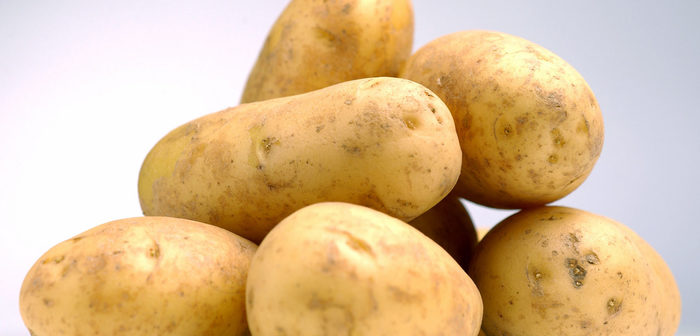Bayer is maintaining its previous advice not to use the potato tuber treatment, Monceren (pencycuron) this season after the European Commission followed through on proposals to set a new maximum residue limit (MRL).
The Commission’s proposal of a lower limit of 0.01 mg/kg is expected to become official by June 2020. A transitional period of up to six months is likely to follow to allow treated crops in store to be cleared after which any imported or treated crop will have to meet the new MRL.
While this means Monceren could still be applied during spring 2020, the potatoes produced from the treated tubers would need to be sold by the end of the unconfirmed transitional period.
Therefore to minimise the risk of exceedances of the MRL, Bayer is continuing to advise growers not to apply the product this spring on any crops, either entirely or in part, that will be used in food or feed. Seed growers who cannot be certain that part or all of their crop will not be diverted to these markets should also consider using an alternative product such as Emesto Prime (penflufen).
Bayer will take back unopened and undamaged stocks of Monceren; for returns please contact the distributor who sold you Monceren DS.
Bayer has helped ensure other tuber treatments are available by increasing supplies of Emesto Prime, which has been shown to deliver better yield protection than Monceren in independent trials.
“Across several seasons and different soil types, Emesto Prime has been found to be a step-up in performance against black scurf and stem canker through unbeaten protection against seed-borne Rhizoctonia solani,” says Edward Hagues, Bayer campaign manager for root crops.
“As well as being formulated to ensure smooth application, trials have shown that crops treated with Emesto Prime have on average less than half the incidence of black scurf and a gross yield of 1t/ha more than those treated with alternatives such as flutolanil,” added Mr Hagues.




